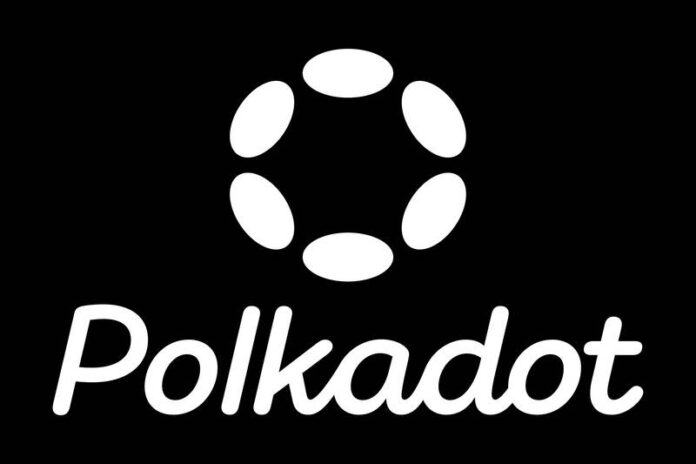The staff behind , one of many crypto trade's first contenders, is ready to attend Web3 Summit '24 in Berlin from August 19-21.
Web3 Summit returns after a five-year hiatus. Organized by the Web3 Basis, the occasion will happen within the historic Funkhaus Berlin and can appeal to greater than 60 audio system and greater than 40 lectures.
In accordance with the official agenda, the Web3 Summit will concentrate on key developments in blockchain, decentralized applied sciences and Web3 innovation. Keynote audio system embody Gavin Wooden, co-founder of Ethereum, and Juan Benet, creator of IPFS and , who will supply their views on the way forward for the decentralized net.
Attendees can stay up for a spread of actions, together with workshops, displays and the 72-hour Blockspace Symmetry Hackathon. This hackathon affords builders the chance to compete for prime grants by means of a two-milestone pricing construction.
Along with the principle occasions, Web3 Summit will host community-driven actions corresponding to a launch get together on August 19 and a contented hour on August 20. Attendees also can declare their Proof of Attendance Protocol (POAP) badges, which use Polkadot's dynamic NFT expertise.
Within the first six months of 2024, Polkadot has allotted $87 million value of DOT to varied initiatives, in accordance with its latest Treasury report.
Advertising and outreach actions accounted for the biggest share of spending, with greater than $36 million allotted to promoting, occasions, conferences, conferences and different initiatives. Doubling the tempo of the earlier six months, this spending was justified to draw new customers, builders and companies to the Polkadot ecosystem.
After the completion of Polkadot 1.0 in July 2023, the blockchain neighborhood is now making ready for Polkadot 2.0, which is supported by superior applied sciences corresponding to Async Backing, Elastic (NYSE: ) Scaling and Agile Coretime.
These upgrades permit Polkadot to operate equally to cloud companies corresponding to AWS or Azure. Excessive-demand initiatives will profit from elevated transaction throughput, whereas early-stage initiatives can management prices by solely paying for the core they really want.
